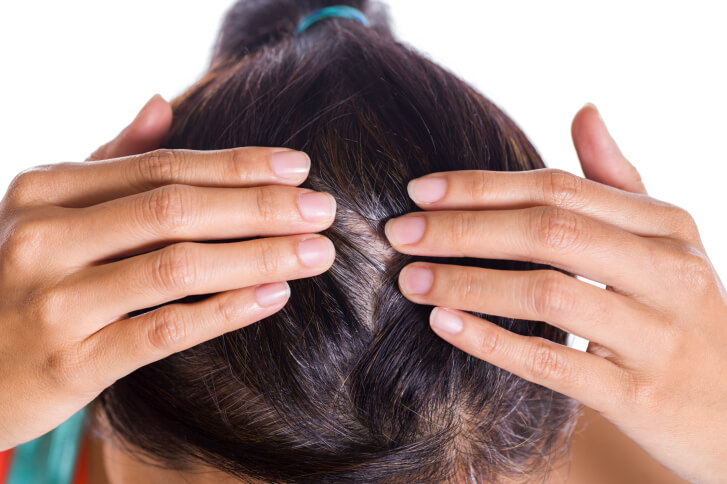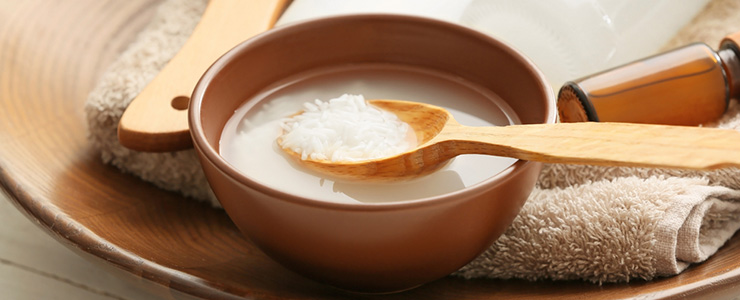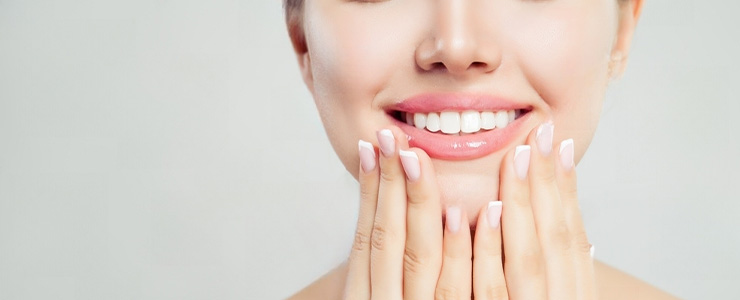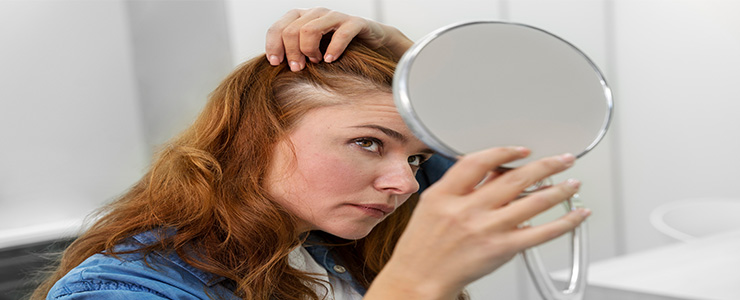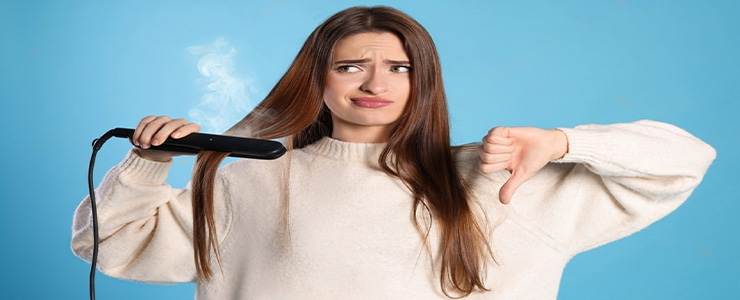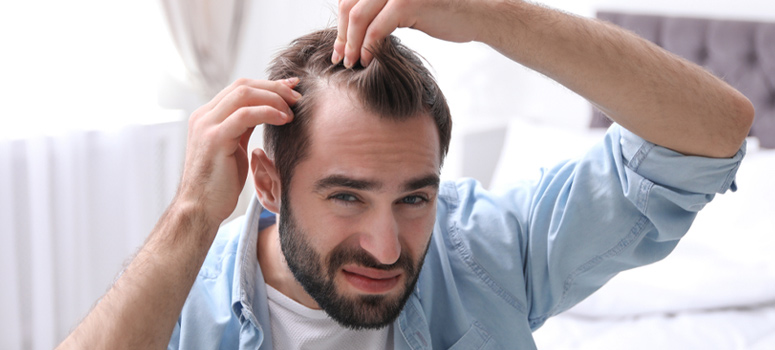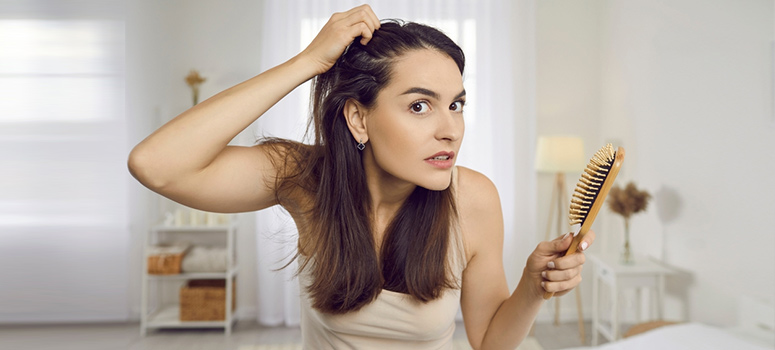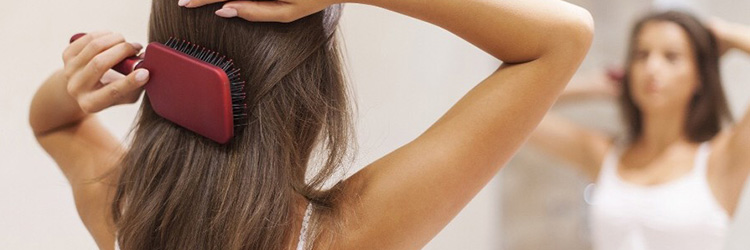For some, greying gracefully is an art. They proudly carry the salt and pepper ‘menu’ on their head. But for many, greying is an embarrassment, especially if they are young. Some grey as early as in their 20s, while the normal greying starts at 50 plus.
In India, where people sport black hair for a fairly long period of their lives, if you find the silvery streaks on your head before 25 years, it is a sign that you are greying prematurely.
This could be due to two reasons :
-
- The colour-producing cells have stopped producing a pigment called melanin.
- There is a build-up of naturally occurring hydrogen peroxide resulting in black hair getting ‘bleached’.
Most experts agree on two points:
- The exact reasons behind premature greying are still not known.
- Premature greying is not a medical problem.
It is generally believed that premature greying may be due to:
-
- Genetic factor:
Genes determine the colour of your hair. If your hair is greying prematurely, the culprit may be the DNA you have inherited. The greying is because the hair is following a set code of instructions from your genes.
-
- Melanin:
You would be surprised to learn that hair is originally white. It gets its black color through a pigment called melanin which is produced by specialized cells called melanocytes. Through a special mechanism, the cells pump this vital pigment into the hair follicles resulting in the hair turning black.
There are two types of melanin — Eomelanin (dark pigment) and Pheomelanin (light pigment). At times these types mix up and produce a wide range of hair textures. This is why hair is not consistently black but comes in different shades of black.
The melanin types are determined by our pool of genes. Melanocytes start secreting even before one is born. But as the person starts aging, the production of melanocytes reduces. It is programmed in such a way that melanocyte function decreases 10-20% every 10 years after age 30. But how and why this happens is a mystery. It is hypothesized that some genes switch off or get modified during the aging process resulting in this decrease in melanocyte functioning. [2]
Researchers call this ‘melanogenic clock’ which links hair pigmentation with age. First, you see grey hair and then the hair turns completely white or ash white
-
- Vitamin B-12 deficiency:
Many diet-related factors influence hair health. Among them is a deficiency of Vitamin B12, which can adversely affect hair health.
-
- Pituitary or thyroid gland problems:
Thyroid gland is responsible for overall metabolism. An overactive or very slow thyroid function can result in depigmentation of hair.
-
- Health and nutrition:
While healthy foods can result in slowing the greying process and reduce hair fall, unhealthy habits like smoking and alcohol consumption can lead to premature hair whitening.
Copper in the diet works with an enzyme to transform tyrosine into melanin. Zinc, like copper, is also a mineral required regularly for hair. Consume plenty of green vegetables, sunflower seeds, chicken, wheat, eggs, etc. to boost your mineral intake.
-
- Hormone imbalance:
Hormones released from endocrine organs are responsible for running and maintaining body functions. But a slight imbalance in secretion or function of hormones can upset the overall body balance. And this includes premature greying of hair.
-
- Hydrogen peroxide:
While there is a decrease in the production of melanin as one age, there is an increased production of hydrogen peroxide which acts as a bleaching agent and whitens your hair.
-
- Free radicals:
Free radicals are highly unstable molecular bodies that impair cellular functions. When the body is under continued stress, cells produce such by-products to overcome the stressful situation. But their prolonged presence in the body can, among other damages it brings about, affect melanocyte function and induce bleaching of hair roots.
But the final word on whether stress can cause greying has not been pronounced. Stress, however, is known to accelerate or decelerate hair greying.
Hair is precious to all, women and men. Though hair aging may be due to uncontrollable factors like genetics, it is important to take preventive measures in order to keep your hair ever young.



